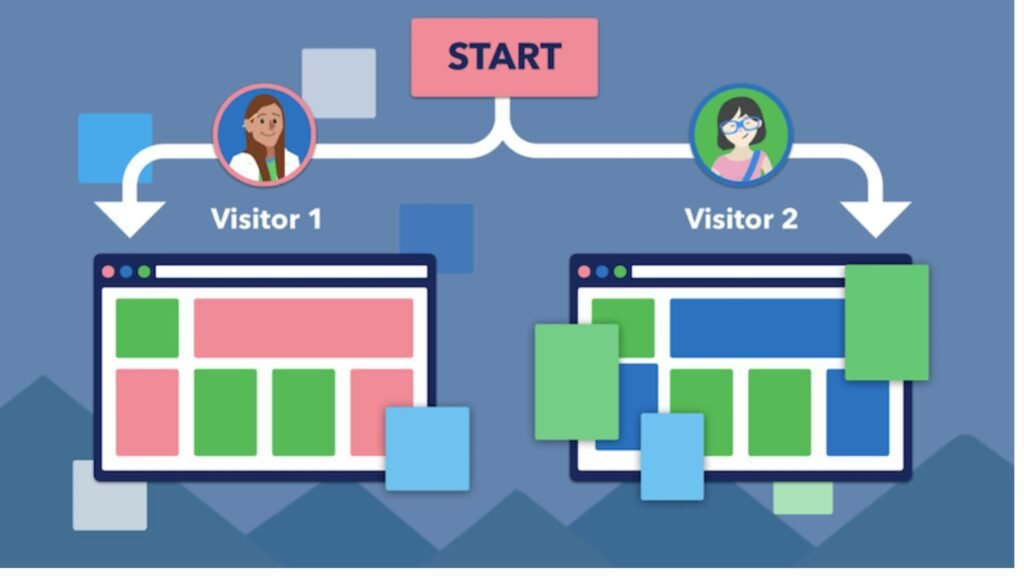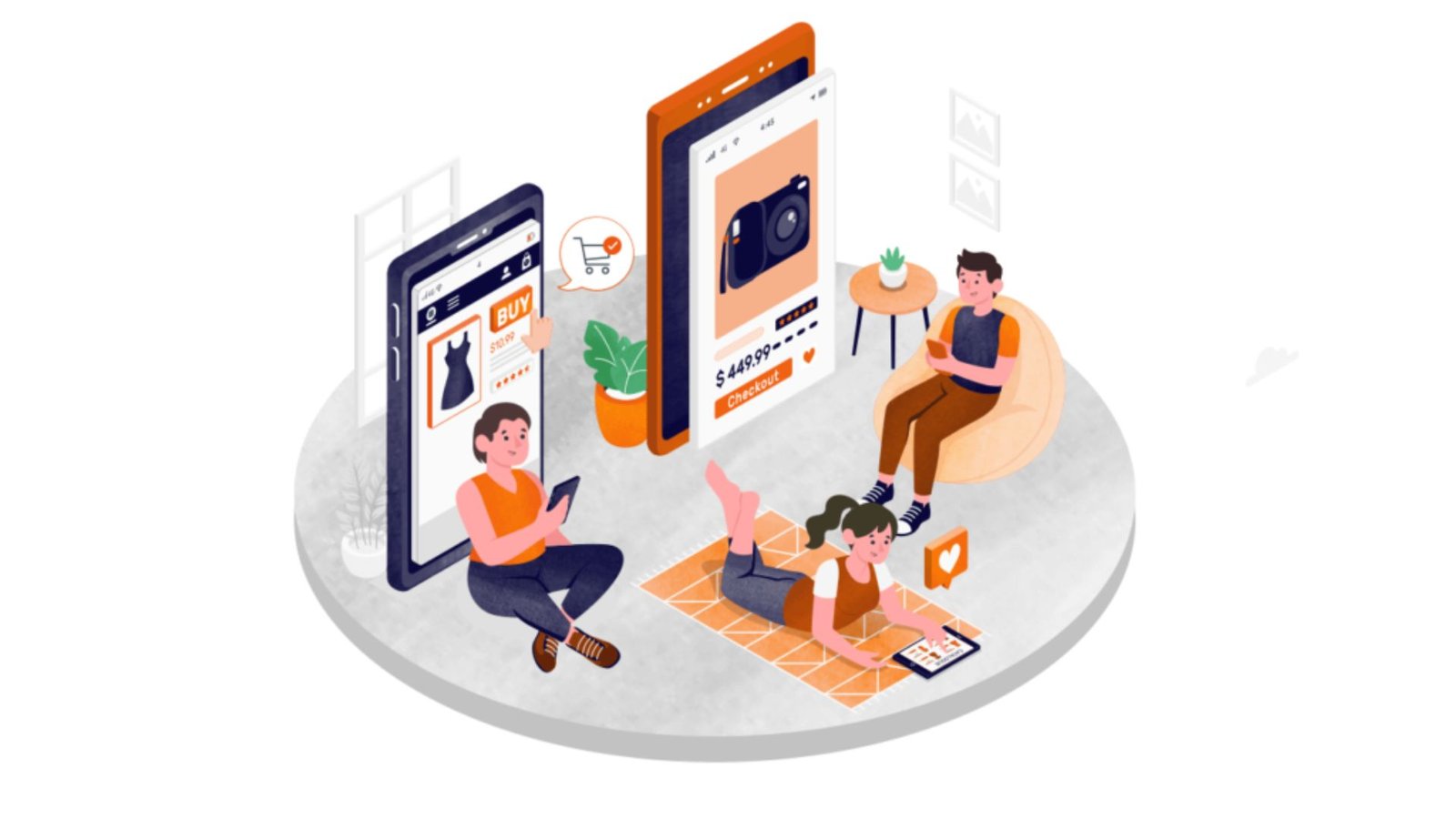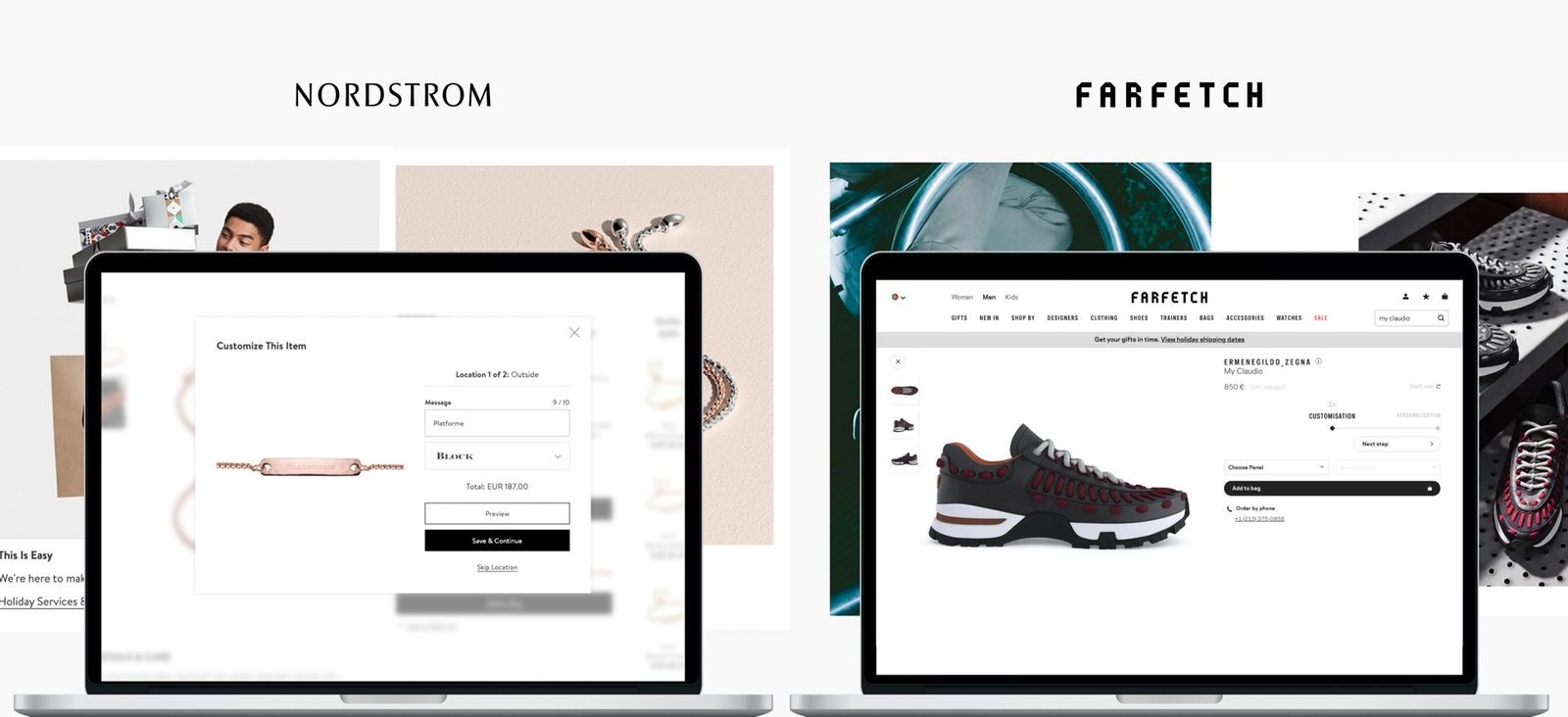In today’s competitive eCommerce landscape, customers have high expectations. They not only want a seamless shopping experience but also expect brands to cater to their unique needs and preferences. Personalization is the key to achieving this, and it plays a vital role in building strong customer relationships, enhancing user experience, and ultimately driving business growth. Personalizing your eCommerce marketing strategy isn’t just about adding a customer’s name to an email—it’s about delivering relevant, tailored experiences that resonate with them on a deeper level.

What is Personalization in eCommerce Marketing?
Personalization in eCommerce marketing refers to the process of tailoring the shopping experience to meet the unique needs and preferences of individual customers. This can include personalized product recommendations, content, discounts, email communication, and even personalized website designs. The goal is to provide each customer with a shopping experience that feels relevant, engaging, and customized.
Examples of Personalization:
- Displaying product recommendations based on a customer’s browsing history.
- Sending personalized emails with promotions for products the customer has previously shown interest in.
- Offering discounts or promotions on a customer’s birthday or anniversary.
Why Personalization Matters in eCommerce
Personalization has become a critical factor in the success of eCommerce businesses. Customers are bombarded with generic ads, mass emails, and irrelevant offers. To stand out, businesses need to create memorable experiences that appeal to the individual. Personalization is proven to increase customer satisfaction, drive conversions, and foster long-term loyalty.
The Benefits of Personalization:
- Improved Customer Experience: Personalized shopping experiences help customers find what they are looking for faster, making the shopping process more enjoyable.
- Higher Conversion Rates: Personalized product recommendations can increase sales by suggesting items the customer is more likely to buy.
- Better Customer Retention: Customers who receive tailored offers are more likely to return and make repeat purchases, leading to stronger long-term relationships.
- Increased Customer Loyalty: When customers feel understood and valued, they are more likely to become brand advocates, recommending your store to others.
How Personalization Boosts Conversion Rates
Conversion rates are a key metric for measuring the success of your eCommerce store. A well-executed personalization strategy can significantly boost these rates by making the shopping experience more engaging and relevant to the individual. Personalized experiences encourage customers to spend more time on your website and increase the likelihood of them making a purchase.
Personalized Product Recommendations:
Using data like past browsing behavior or previous purchases, you can recommend products that are relevant to each customer. For example, if a customer frequently buys athletic wear, showing them new arrivals in that category or offering discounts on similar items can drive conversions.
Dynamic Pricing and Offers:
Personalization can also involve offering personalized discounts or dynamic pricing based on a customer’s purchasing behavior. Loyal customers may receive exclusive offers, while new customers could be offered introductory discounts.
Tailored Content and Landing Pages:
Customizing the content a customer sees when they visit your website can enhance their shopping experience. This could include displaying products based on location, interests, or past interactions with your site. For instance, a customer who has shown interest in eco-friendly products may be greeted with a landing page featuring sustainable goods.
Improving Customer Loyalty Through Personalization
Building customer loyalty is one of the most significant advantages of personalization. By showing customers that you understand their preferences and needs, you create a stronger bond and make them feel valued. A personalized experience can turn a one-time shopper into a long-term, repeat customer.
Personalized Loyalty Programs:
Many eCommerce brands have found success with loyalty programs that reward customers for their personalized shopping behavior. For instance, if a customer frequently buys a particular brand or category of products, they can be rewarded with personalized discounts on those items, making them more likely to return.
Tailored Email Campaigns:
Email marketing remains one of the most effective tools for driving customer retention. However, sending generic promotional emails can often lead to disengagement. Personalized email campaigns, on the other hand, have much higher open and click-through rates. For example, sending an email with product recommendations based on the customer’s past purchases or offering a personalized discount can increase the likelihood of repeat business.
Conclusion
Personalization in eCommerce marketing isn’t just a trend—it’s an essential strategy for creating meaningful connections with your customers, improving their shopping experience, and driving long-term loyalty. By offering tailored recommendations, personalized content, and unique discounts, you can foster a stronger relationship with your customers, increase conversions, and stay ahead of the competition. The key to success lies in understanding your customers, leveraging the right data and tools, and continually optimizing your approach to deliver the best possible experience.




